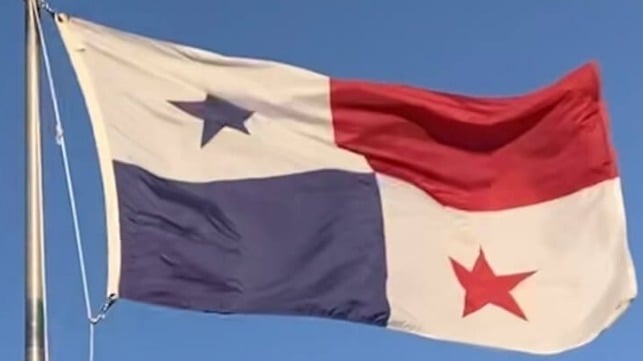Panama Closes Registry to Older Tankers and Bulkers Targeting Shadow Fleet

The Panamanian Ship Registry announced effectively immediately it is closing its registry to older vessels. It comes after pressure from governments, sanctions, and public interest groups who have all been critical of Panama for the large number of shadow fleet tankers involved in the Russian and Iranian oil trades in its registry.
The new restriction says the Panama flag will no longer accept oil tankers or bulkers older than 15 years. It is a further expansion of a new precheck process launched in late 2024 to increase the scrutiny on registration applications.
The Panamanian authorities said the new limitation is to “optimize the operational performance of its fleet, minimize the risk of detentions, and prevent the entry of vessels from the so-called ‘ghost fleet’.”’ They report the regulation was adopted after it identified that “71 percent of fleet detentions between 2023 and the first half of 2025 correspond to bulk carriers, general cargo vessels, and oil tankers older than 15 years.”
As the world’s largest registry (by the number of ships), the Panama Ship Registry has over 8,500 ships. They highlight that under the new administration, over 650 ships have been removed from the registry since 2019. By improving enforcement mechanisms, they say 214 vessels were removed last year under its program of faster sanction enforcement measures. Today, August 3, they reported another 17 vessels listed in the recent U.S. sanctions package targeted Iranian trade were removed from the registry on an expedited basis.
Despite this, the NGO United Against Nuclear Iran (UANI) has continued to be highly critical of Panama’s ship registry. The group says that of the 542 vessels it tracks in the Iranian oil trade, 17 percent are currently flagged by the Panama Maritime Authority (AMP). After that, the largest numbers are ships flying false flags, and then Palau, which has just over six percent of the vessels’ UANI has identified.
Panama says it continues to enhance its efforts, adding a quarterly review of documents and additional requirements for Ship’s Safety Management System certificates.
“By prioritizing quality over quantity and implementing more rigorous oversight mechanisms,” Panama says it “ensures that the Panamanian fleet complies with the most demanding international regulations, thus contributing to a safer and more sustainable industry.”

that matters most
Get the latest maritime news delivered to your inbox daily.
In the past, working with other leading registries, Panama has also developed a system to identify vessels attempting “flag hopping.” It is one of the common practices among the shadow fleet vessels in attempts to avoid sanctions.
Top photo by Pete Unseth (CC BY-SA 4.0)
